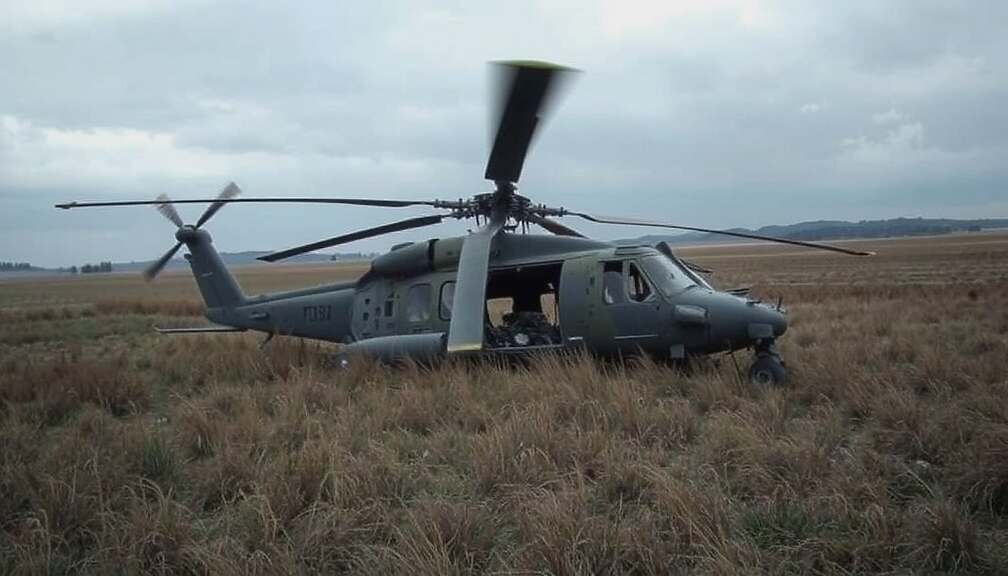A fatal training helicopter crash near Grimma, Saxony, at the end of July, has been attributed to a devastating operational error, according to a report in “Der Spiegel”. A thorough investigation by the Bundeswehr’s General Flight Safety department has definitively ruled out any mechanical faults or irregularities in the EC 135 helicopter, which was leased for training exercises.
The investigation suggests that the helicopter, while flying low over the Mulde River, made contact with a steel cable strung above the water at a gauging station. The cable, suspended approximately four to six meters above the surface, was struck by the helicopter’s landing skids, causing it to plummet into the river and resulting in the detachment of the tail rotor. All three occupants – a female soldier and two male soldiers – are presumed to have died instantly.
The incident occurred on the morning of July 29th when “Stallion 82” departed from the Holzdorf airbase in Brandenburg for a routine training flight. Radio contact was lost around 10:00 AM. A critical and unsettling question now hangs over the events: why were the crew unaware of the long-standing presence of the steel cable?
The investigation has been hampered by a glaring deficiency in Bundeswehr training protocols: the leased helicopters are not equipped with flight recorders, commonly known as “black boxes”. Without this crucial data, reconstructing the sequence of events and pinpointing the precise factors contributing to the error remains significantly more challenging.
The incident is prompting renewed scrutiny of Bundeswehr flight safety practices and the adequacy of pre-flight reconnaissance procedures. Critics are questioning the reliance on leased aircraft without sufficient oversight regarding equipment and data recording capabilities. Furthermore, the lack of flight recorders highlights a systemic vulnerability within the Bundeswehr’s training regime, raising concerns about future operational risks and demanding an immediate reevaluation of safety protocols and resource allocation. The political fallout from this tragedy and its implications for military training are certain to intensify in the coming weeks.












